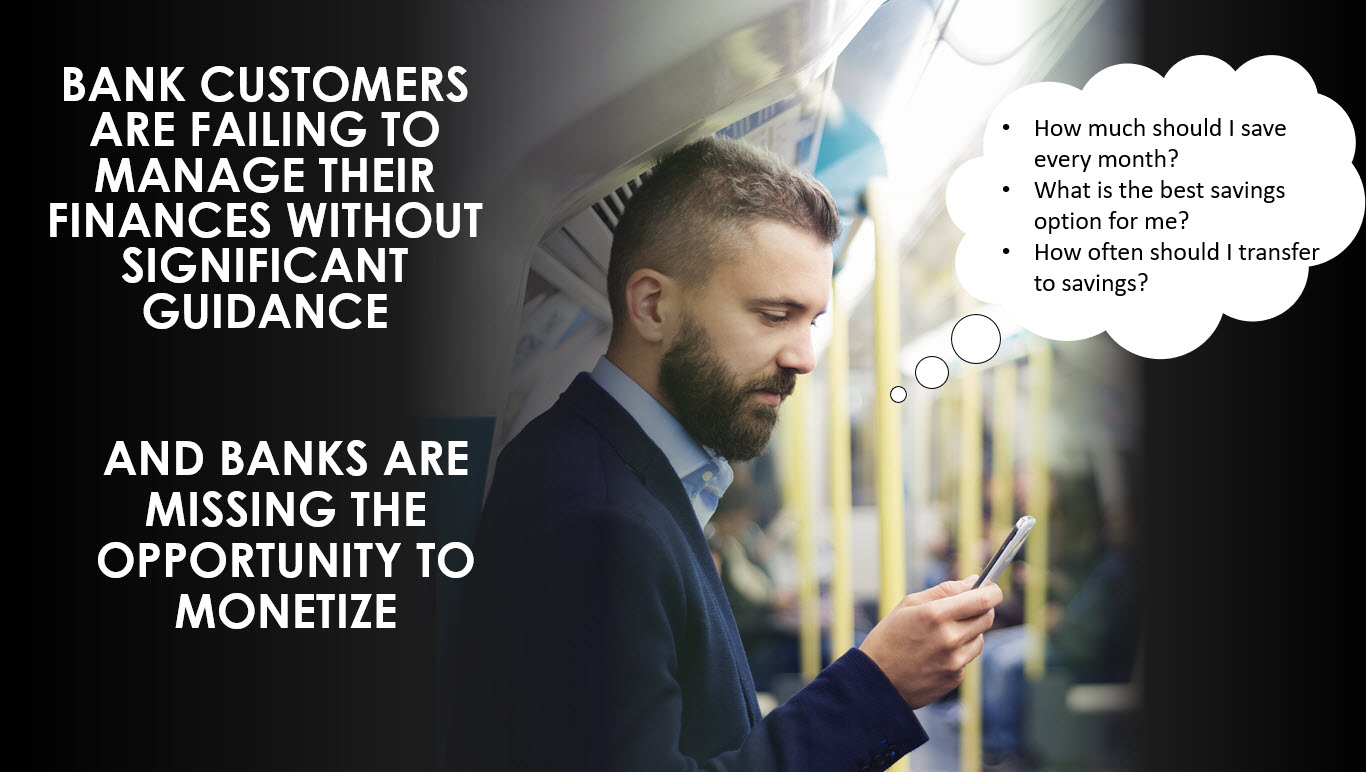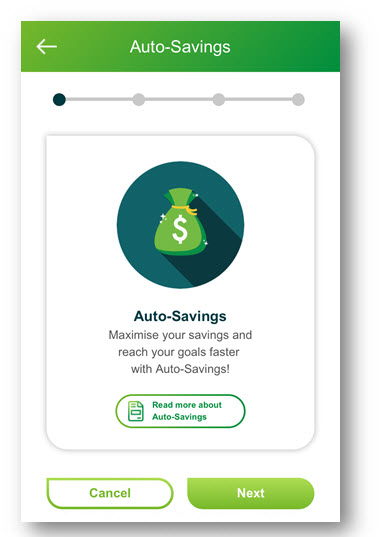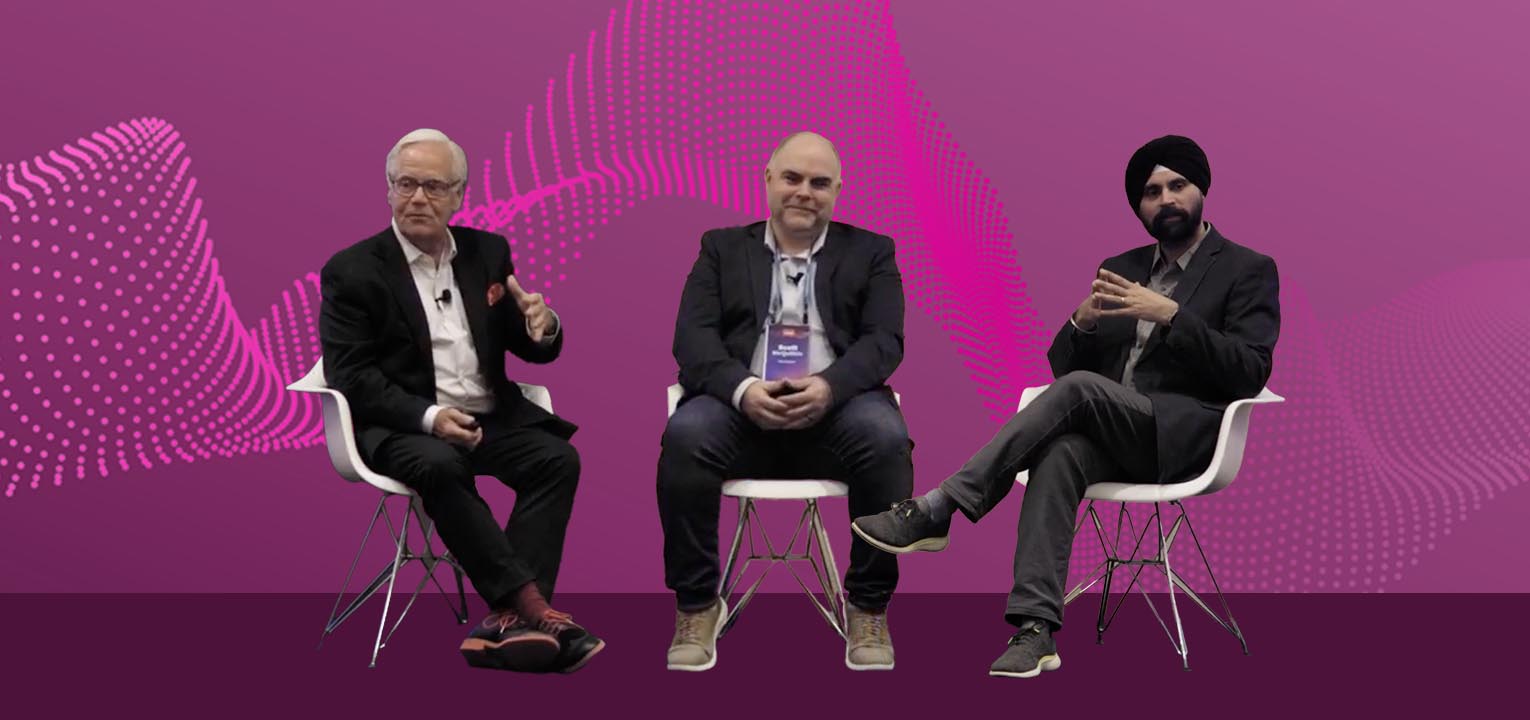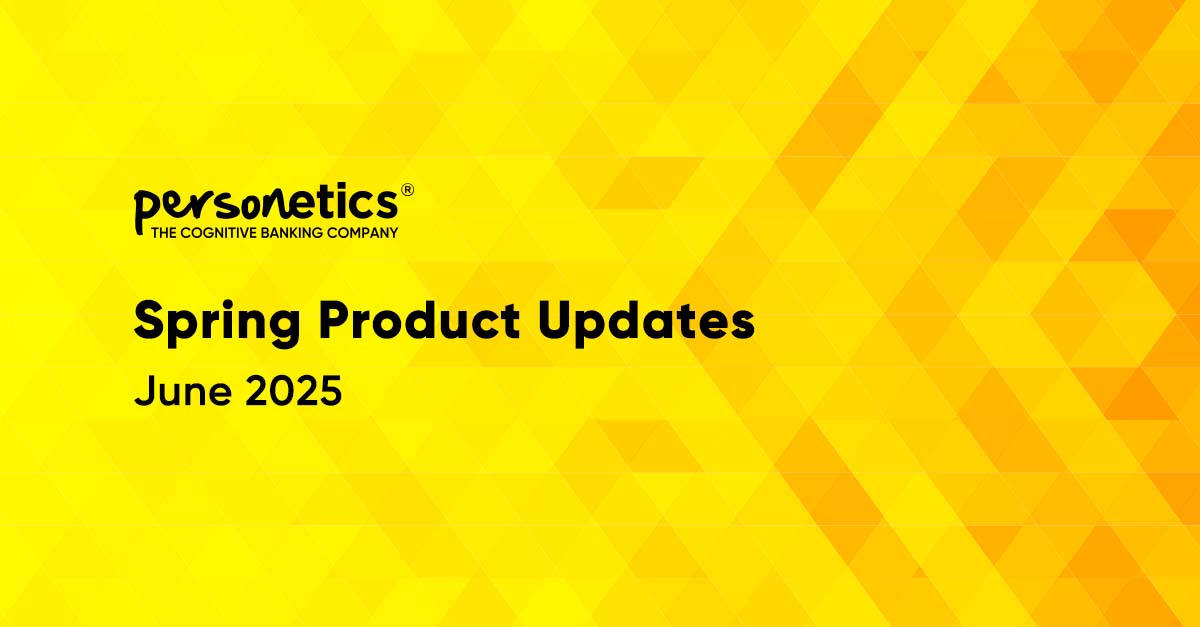November 12, 2020
How Personetics Act Builds Resilient Families in Times of Economic Hardship

With 22 million jobs lost in the United States and 5.5 million lost across Europe, COVID-19 threw thousands of families, who felt relatively financially stable at the start of 2020, into a state of chaos. They were left wondering how to stretch the money they had when they don’t know where their next paycheck will come from.
One of the thousands is the Vines family. In March, Jim Vines lost his job. With three children, very limited savings, and only his wife Hailey’s part-time income, the family needed to tighten the belt. But where to start? Do they cancel their streaming subscriptions when the kids are home and bored? What about the meal kit delivery service? It’s been incredibly helpful on days when Hailey works late.
The Vines were under tremendous stress, and these decisions felt daunting. When Hailey was laid off during the 2008 financial crisis, they had decided to change their financial habits so that if they ever faced financial strain again, they would be better prepared. That didn’t happen, but 2020 is different.
What are Automated Financial Wellness Programs?
Several months ago, the Vines’ bank deployed a new product powered by Personetics’ AI-Based financial data-driven personalized engagement platform. By doing so, the bank hoped to increase engagement and trust in its digital channels that would result in more loyal customers. The Vines began receiving notifications on their banking app about their spending habits, unusual payment anomalies, and possible double charges. These push notifications helped them realize they were probably overpaying for two gym memberships, that their trial with an online site has never been canceled and that they spent more than they thought eating out weekly. This helped the Vines grow to view their bank more as a financial advisor. When the bank suggested that they join their first automated program, it was an easy decision to opt-in to the program and let their bank take the reins.
Personetics’ Act Business Solution – Automated Financial Wellness Programs help customers reach long-term financial goals and achieve financial resilience by engaging customers in habit-forming financial wellness behavior over an extended time frame with self adjusting and automated fund transfers. For customers with little to no wiggle room, Budgeting Programs build—and help customers stick to—smarter budgets. For those with some disposable income, Auto-savings Programs can automatically save and pay off debt. And for higher-income customers, Auto-investing Programs take action on savings and investment to better optimize those funds. And while completely automatic, these automated programs analyze real-time transaction data and use predictive analytics to ensure protect customers from shifting too much away.
The Vines’ banking app invited them to join an automated program to help them budget more effectively in March. Let’s follow their journey.
Quieting the Chaos: Smart Budgeting, Auto-Saving & Debt Reduction
Like nearly 50% of US banking customers, the Vines typically spent their entire income each month. With less income, the first step toward better financial health was to get their spending under control. The Smart Budgets program was built to help customers reduce monthly spending by creating budgets and offering guidance to keep customers on track. The program suggests spending categories and sets limits for each one, alerting Jim and Hailey as they approach a limit.

By early June, Jim’s unemployment benefits kicked in, and the family started receiving some deposits to their account. Their bank noticed the bump and suggested that they join the Auto Savings program. The Vines did not feel they were in a position to start saving—they barely had money left in their rainy-day fund, so where will they find more funds to save?
Through AI models, the program analyzes and identifies income and upcoming expenses in real-time and automatically transfers funds to savings or investment accounts. It transfers only small amounts of safe-to-save money when it deems funds available.
Satisfied with the bank’s budgeting assistance, the Vines decided to try. They were amazed that the app saved them significant amounts of money. It seemed to find $40 here, $20 there, that Jim and Hailey would never would have judged as “enough” to transfer into savings. Jim also linked a second account at an external bank, and the auto savings program pulled funds from that account when interest rates and incentives made sense to do so. Before they knew it, the Vines had saved $200 by August.

But they still accrued credit card debt during the first few months of the pandemic, particularly when their son Taylor broke his leg. Now that they were able to save even a little, it seemed like the right time to start paying off that major expense. The bank’s Reduce Debt program helped the Vines pay down high interest outstanding debt, analyzing and shifting priorities between the debt reduction and auto savings programs.

By summer’s end, through participation in automated financial wellness programs—all of which required little action on their part—the Vines were back on their feet. The next challenge was to ensure they were better equipped to handle a future economic downturn.
Emerging Stronger: Greater Savings and Auto-Investments
Tides really turned for the Vines when Jim got a new job in October. To capitalized on this savings opportunity, their banking app suggested that they join the Pay Yourself First program. This automated program transfers a portion of available recurring income into a savings or investment account of the customer’s choice, analyzing and auto-adjusting to an appropriate amount for that customer’s monthly financial situation.
The program would help Jim and Hailey jump-start their long-term savings. They felt at ease knowing that, if the program assesses that the original contribution amount is too high, it would automatically adjust the transfer amount. In the midst of a global pandemic, Jim and Hailey felt they were finally developing financial habits that could stick.
As their savings build, the Vines may join their bank’s Begin to Invest program, which helps customers put aside money into tax-advantaged savings accounts relevant to income level, age, and marital status. Differently from automatic savings programs, Begin to Invest determines a monthly percentage of the customer’s major income deposit. But similar to Auto-Savings, the program pauses in the event of insufficient funds. Over time, a program like this could help the Vines build wealth and emerge at a new level of financial security.
The Secret Ingredient: A Shift in Responsibility from Customer to Bank
Because they are automated, Personetics’ Act programs free customers from the need to make decisions that may feel, at that moment, insurmountable. In times of economic hardship, even relatively small financial decisions like “do I put some of my most recent paychecks away?” or “I just took a pay cut—should I still be putting the same amount into savings?” can be very stressful for families. Act programs shift responsibility from the customer to the bank, helping families reach long-term financial goals and achieve financial resilience without demanding that they step up beyond their current capabilities.
Resilient Families Bring Long-Term Stability to their Bank
It is in banks’ best interest to hold their customers’ hands and truly support them through these trying times and beyond. Because in creating a more valuable experience that builds resilience for their customers, they also face an opportunity to increase ROI.
Resilient customers have 3-6 months of emergency savings, impactful spending management, the ability to borrow, and high savings to income ratio. Act programs bring customers closer to resilience by engaging them over an extended time frame, leveraging existing and acquired knowledge of the customer, and encouraging habit-forming ongoing financial wellness behavior. To date, Act programs have helped people save over $1.7 billion.
And resilient customers benefit the bank because they have higher lifetime value, greater loyalty, more robust product adoption, and reduced delinquency and defaults. All these translate to quantifiable savings and growth for the bank: Personetics estimates that if 20% of customers join an automated savings program, and 5% of them avoid delinquency as a result, the bank can save up to $34 million.
Just think of what automated financial wellness programs transformed the Vines’ financial reality over a period of nine months. Imagine what they could do for thousands of families across the globe, and for the bottom lines of those families’ banks.
Want to explore how your bank can harness the power of AI to engage and serve customers? Request a demo now
Latest Posts

The AI Implementation Reality Check

Why Asia Pacific Pacific Banks Must Lean into Cognitive Banking: A Conversation with Dr. Dennis Khoo

Explore our Spring Release Highlights – From Integrated Marketing Offers, to Custom Trackers, and AI Innovation









